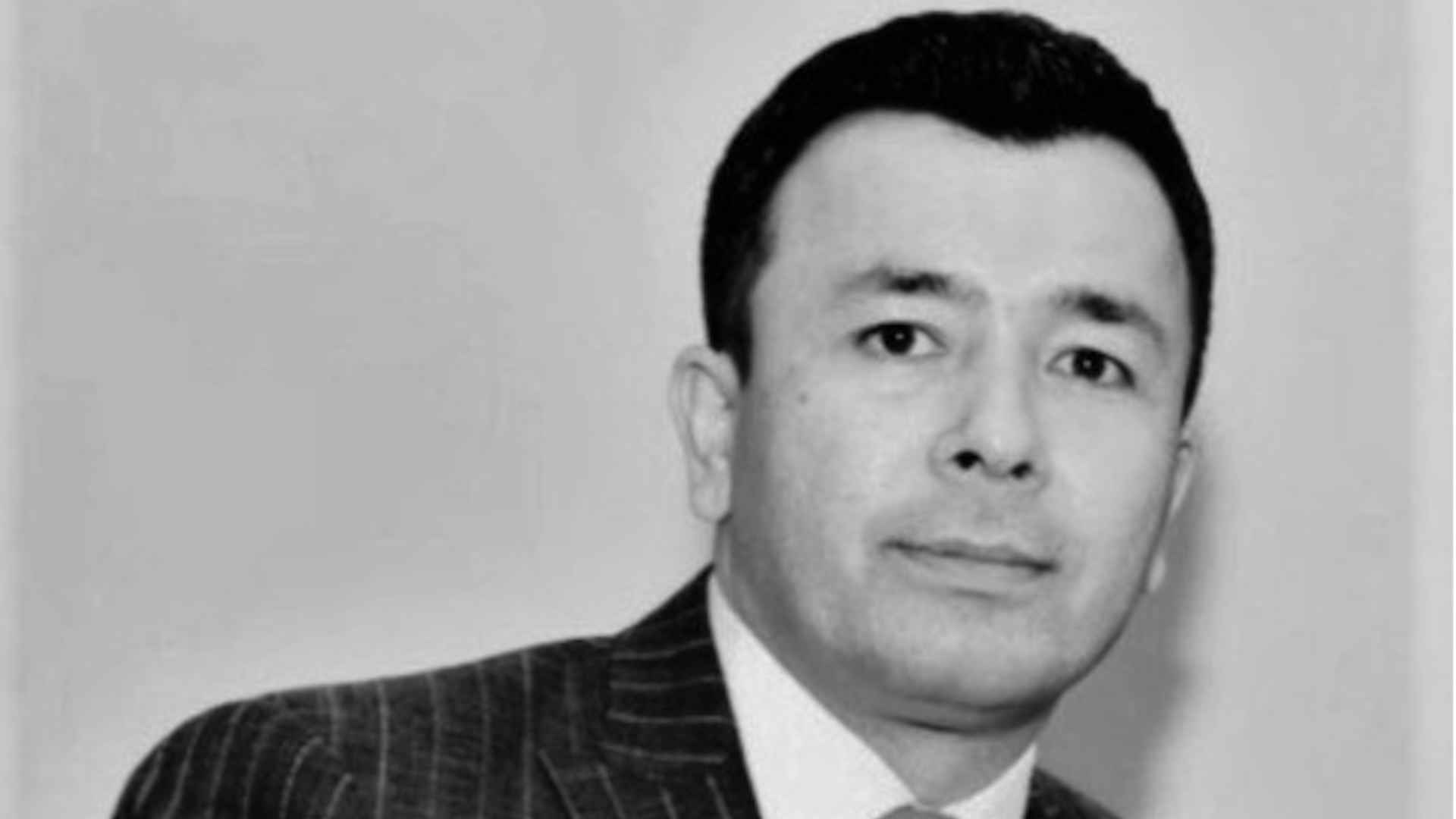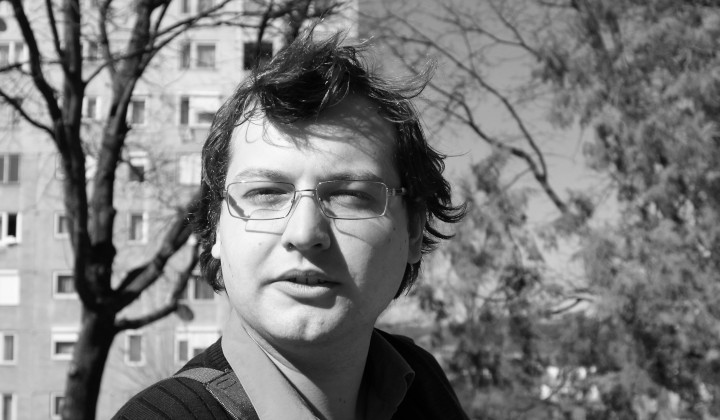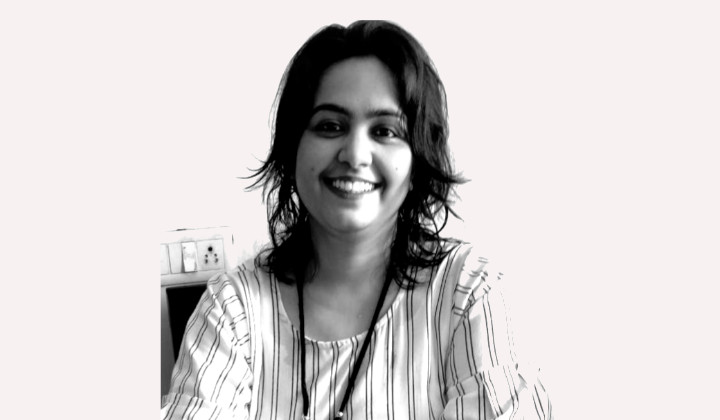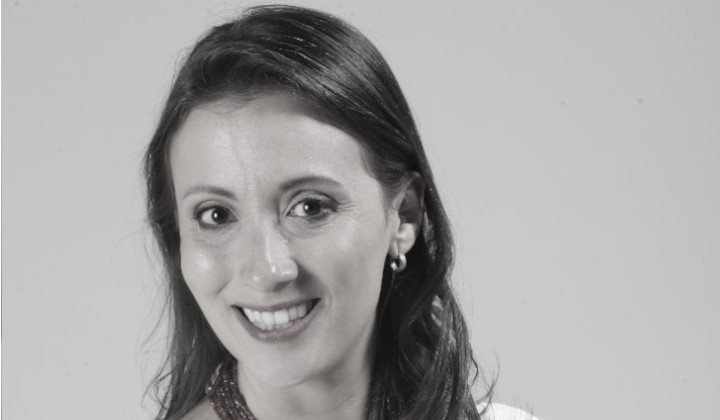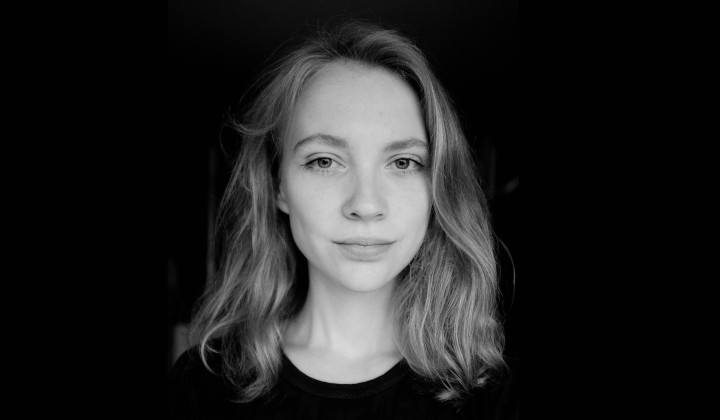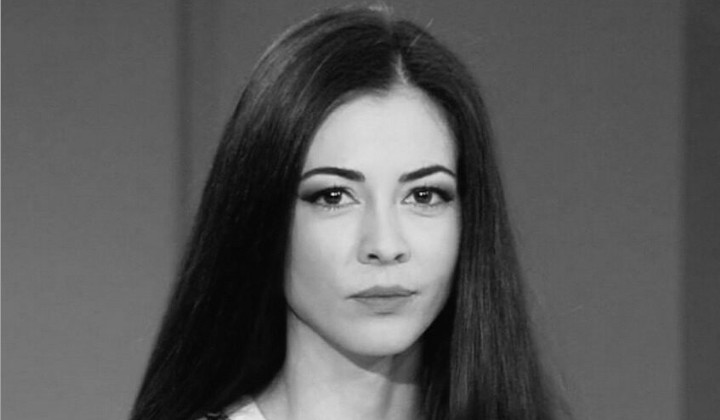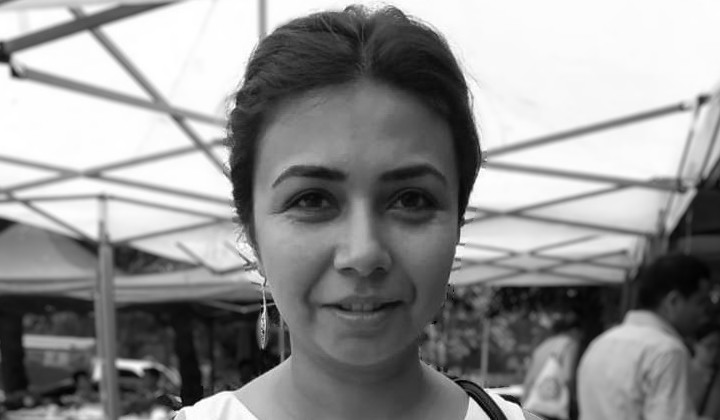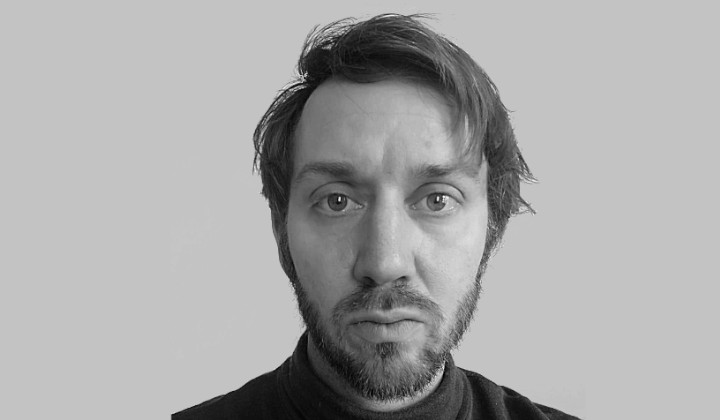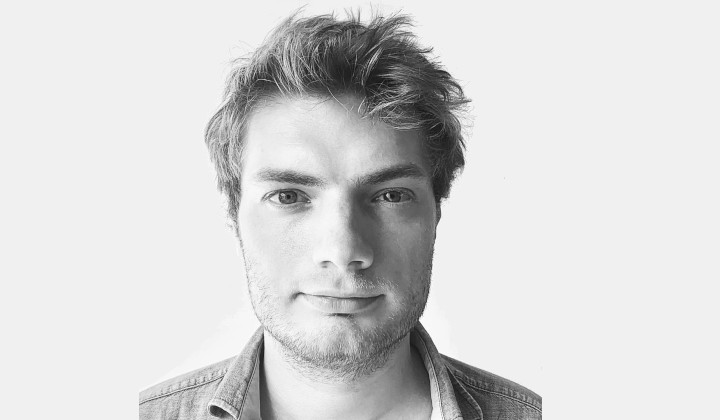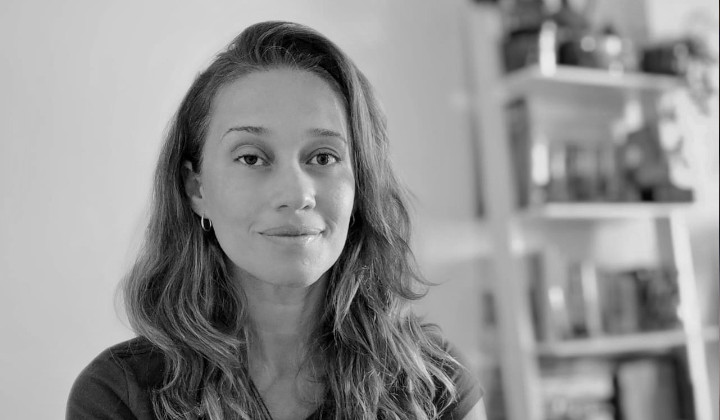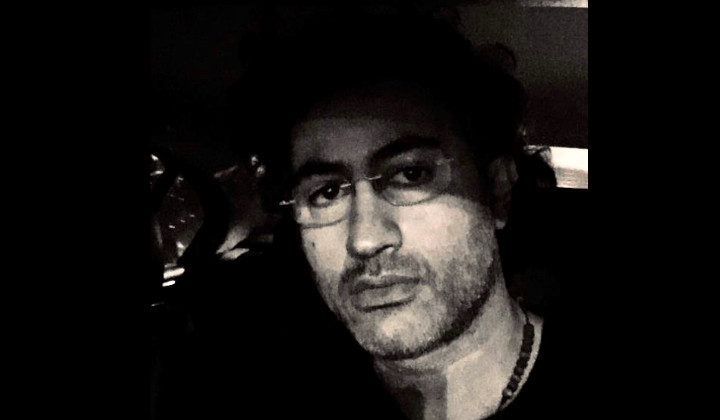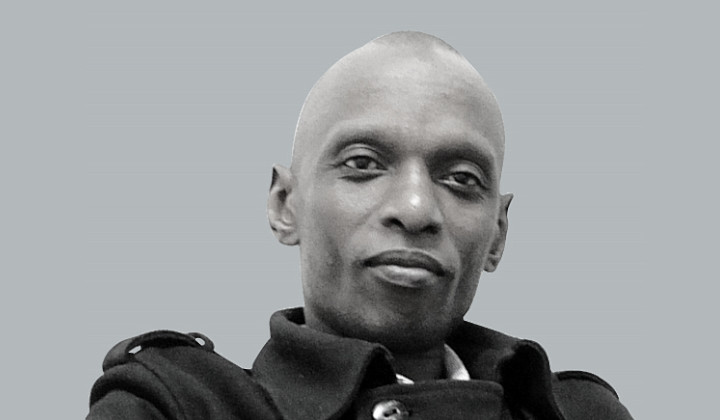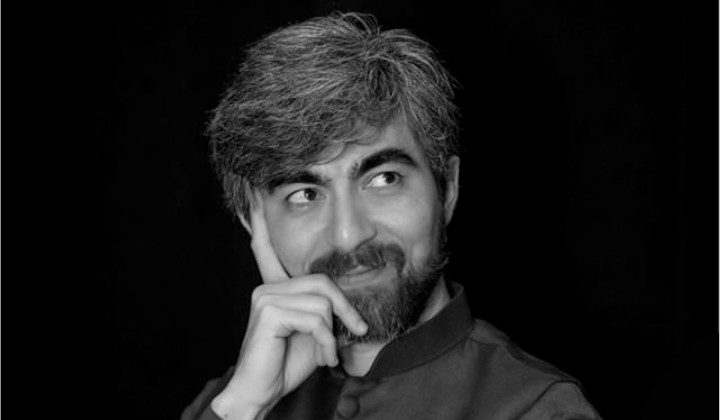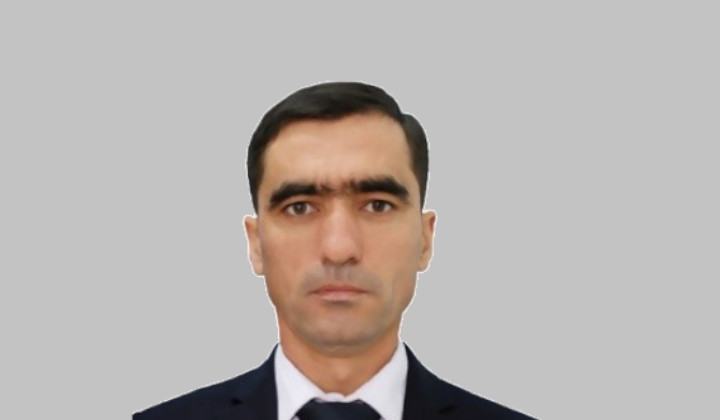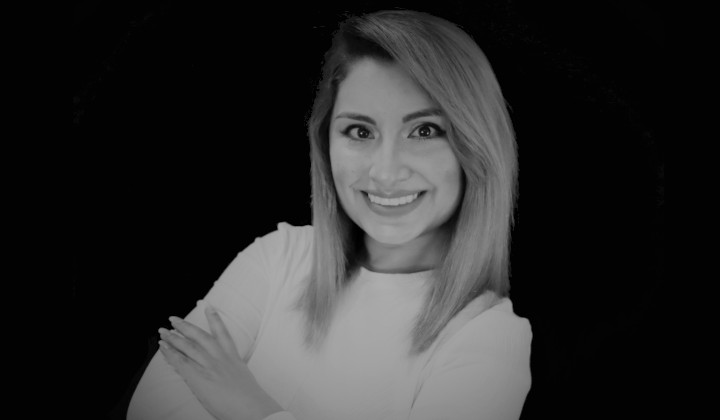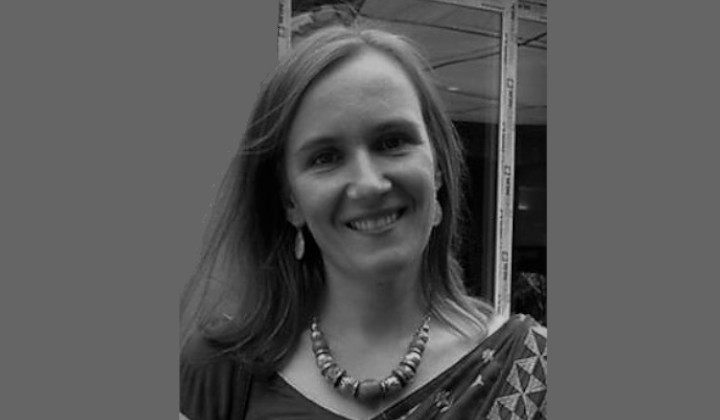Hye-Jung Park
Activist, Filmmaker, Educator
written by

Frederik Schmidt
For more than three decades, Hye-Jung Park has been an activist for social justice and a reunified Korea, as well as a filmmaker, an educator and a founder of organizations with the express intent of helping people.
When South Korean-born Hye-Jung Park came first to the U.S. in the mid-eighties, she learnt a lesson she never forgot. Park needed to finance her studies and living expenses. “I was working to survive” she said, now able to laugh about it. Toiling in illegal factory shifts where she and her co-workers were yelled at daily, she first noticed that minorities were not treated equally in what she had learnt to be the “Land of the Free.”
Born in 1963, Park said she grew up believing that the authoritarian government of her country protected her from the communist North. At 19 years of age, she left to study in the U.S. and settled in New York City.
Hye-Jung Park has lived the majority of her life in the USA, but she still feels closely connected to her native Korea. One of her biggest wishes in life is to see the country, divided by the Demilitarized Zone and opposing ideologies since 1953, reunited. The Korean War ended with an armistice, but an official peace treaty was never signed. Park said that achieving this would finally allow the country to heal.
It was in the U.S. that she found out about the Gwangju Uprising, which had happened in May 1980 and ended in a massacre. South Korean police and soldiers shot and killed students demonstrating for democracy and against martial law. The military dictatorship at the time had censored the press to conceal the events from the rest of the country. The U.S. had furthermore condoned the state’s violent actions. It was with this revelation when Park started her activism for democratization in Korea, for the peace process and for the eventual reunification.
The Impact of Film
She took part in the group “Young Koreans United.” As the calls for democracy in South Korea grew throughout the 1980s, Park worked with underground filmmakers, who endangered themselves to smuggle footage of the democratic movement out of the country. From this originated the film “Korea: Until Daybreak.” She was astonished by the impact it had on the Korean-American community.
The first truly democratic South Korean elections were held in 1987. After the end of the authoritarian government, Park continued working on films and documentaries, often partnering with J.T. Takagi. “The Women Outside: Korean Women and the U.S. Military” from 1995 depicted the lives of Korean women who worked often as sex workers in military camp towns, as well as those who married American soldiers and followed them to the U.S.
In 2003, she and Takagi shot “North Korea: Beyond the DMZ.” The film follows a young Korean American who meets her relatives in North Korea for the first time. For Park, it was important to portray the human side of this very secretive country. She criticizes the one-sided depictions of it, especially in the West.
“The media don’t show the society, only the evil of the regime. It’s a human world, after all,” she said.
She is certain that peace in Korea is impossible as long as the North is economically sanctioned and militarily threatened by the U.S.
During the ‘90s and 2000s, she continually combined her activism with filmmaking. In 1999, Park co-founded “Nodutdol,” which can be translated to “stepping stone.” The organization supports young Korean Americans in search of an identity, but it is also active on issues such as social justice and police brutality in the US.
Making a Difference Through Teaching
In late 2010, Park decided to go to Bolivia. She became a teaching volunteer for basic English in a remotely located university for young indigenous people. The close relationships with her students prolonged her involvement.
“I had planned on working there for six months but ended up staying three years,” she said.
What inspired her most of all was the impact alumni of the university had after returning to their communities.
“These young people were like dandelion seeds,” she said about their acquired knowledge spreading out and their ideas taking root. She returned to the U.S. in 2014 and settled in Philadelphia.
In 2015, Park participated in “Women Cross DMZ.” It was planned to be a march made up of international women activists and North Korean women, crossing the DMZ and joining South Korean women on the other side. The American military stopped them, and Park learned then that the US Armed Forces still hold lone jurisdiction over the Demilitarized Zone dividing the two Koreas. “That was when I thought: Oh my God, Korea really is still occupied by the U.S.,” she said.
Park decided to become an educator in 2017. Since then, she has been working at a charter school for low-income Latinx students in Philadelphia. Even though she freely admitted to hating mathematics, she started teaching algebra, as the school needed someone to do it. She also gives lessons on economic justice and worker rights.
“I am still learning to be an educator,” she said. Her emphasis is on caring for and empowering the students, “to encourage them to make a difference in themselves, their communities, and the world.”
Her new profession has not stopped her from taking part in activist causes. She is now involved in the movement “Korea Peace Now!”, which is also supported by “Women Cross DMZ.” She mentioned as well that she was sitting on a few unfinished film projects, but she has not found enough time to work on them.
Park still regularly visits her family in South Korea. Despite the deep connection to her home country, she cannot imagine returning to live there at the moment:
“I don’t think I would fit in. Korea is very dynamic now; the societal and technological development has been so fast,” she said.


